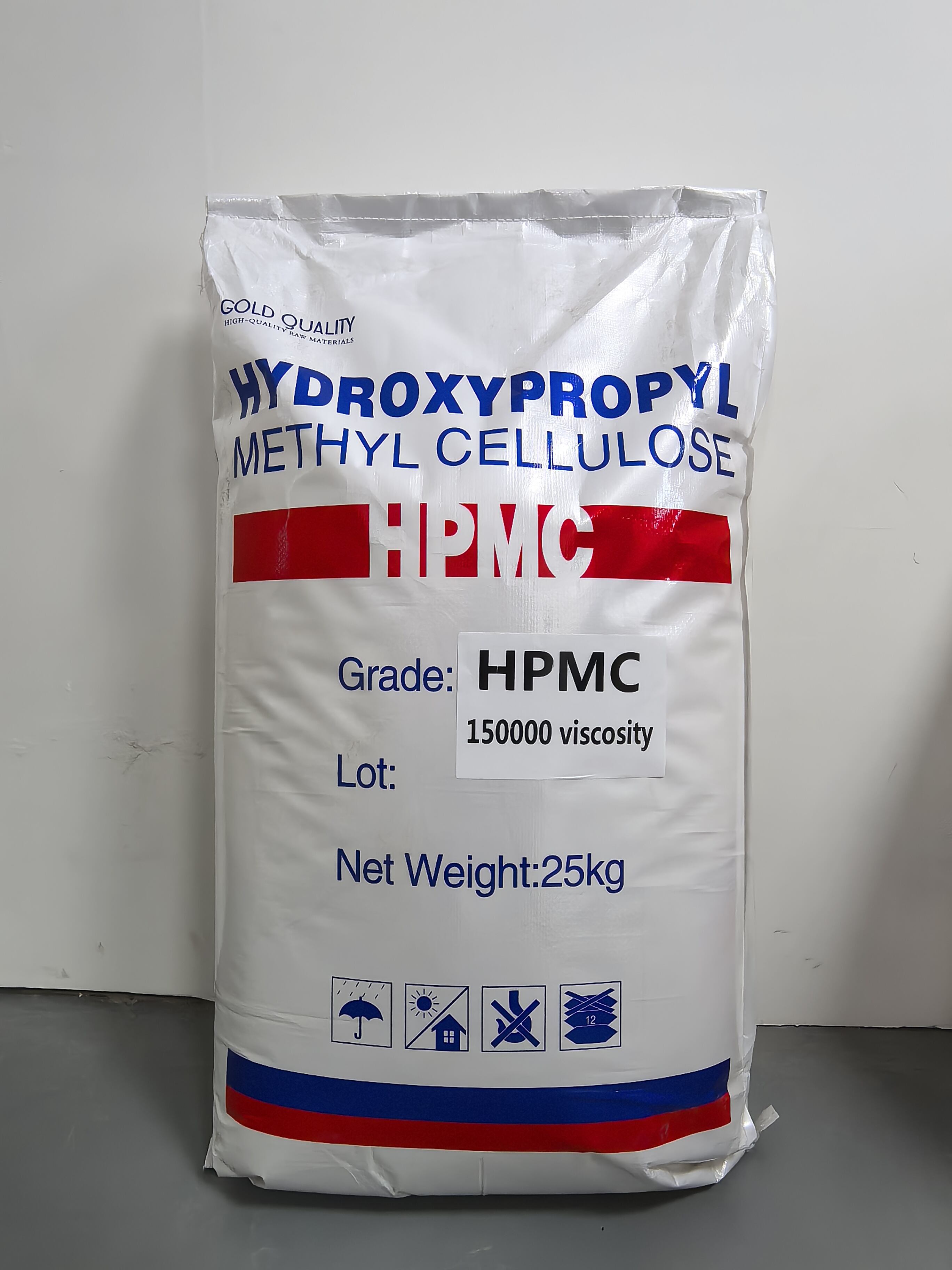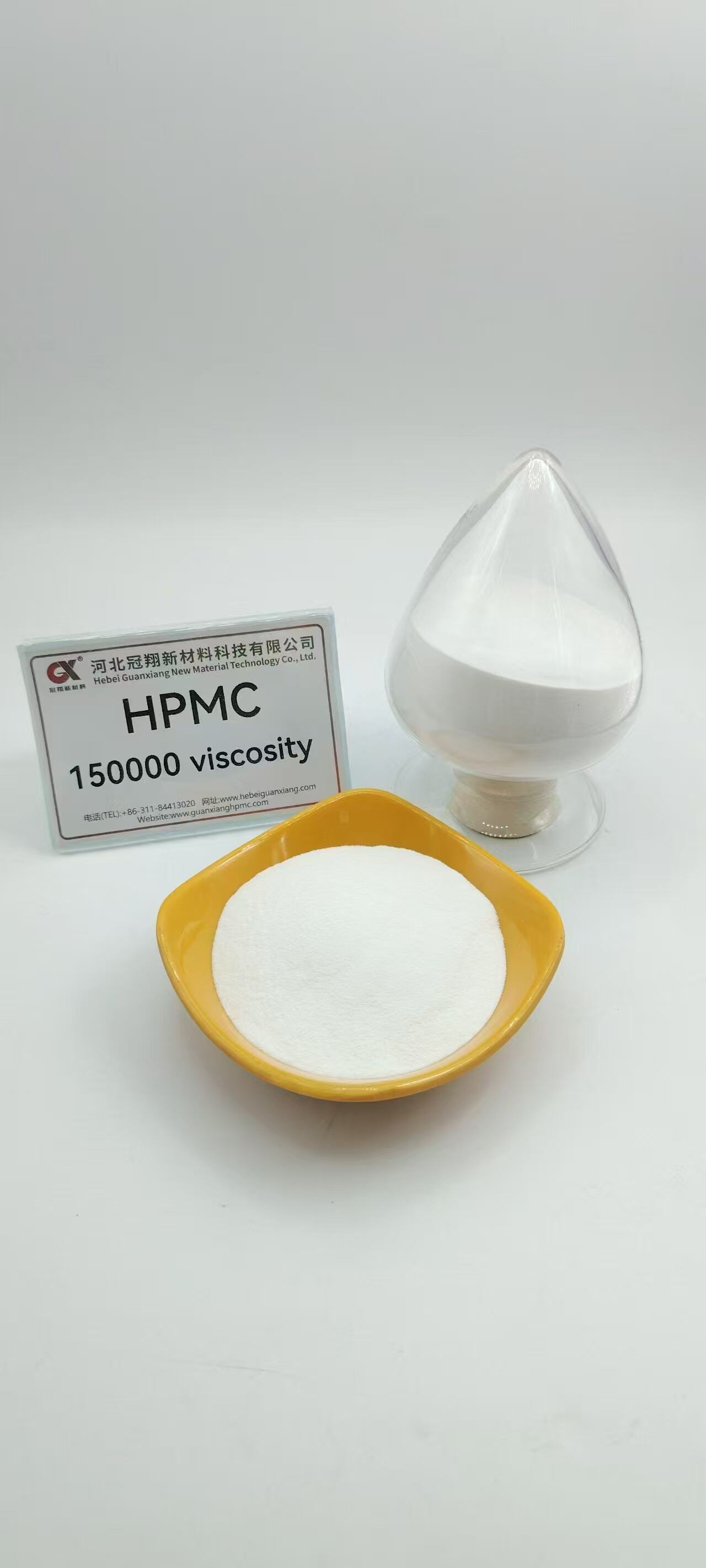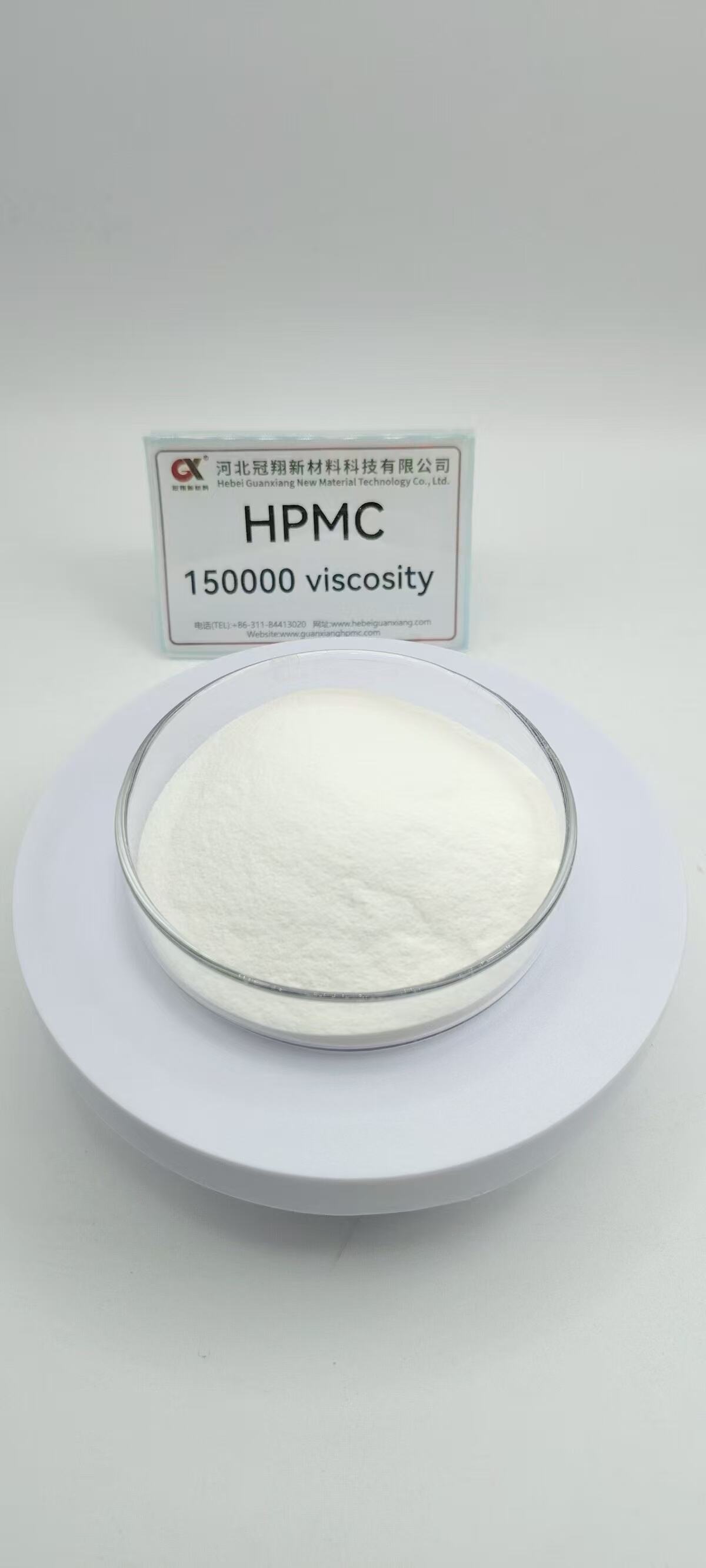hydroxypropyl methyl cellulose hpmc manufacturer
A hydroxypropyl methyl cellulose (HPMC) manufacturer specializes in producing this versatile cellulose derivative that has become essential across multiple industries. Operating with advanced production facilities and strict quality control measures, these manufacturers utilize sophisticated processes to modify cellulose molecules, creating a product with exceptional binding, thickening, and film-forming properties. The manufacturing process involves careful control of temperature, pressure, and chemical reactions to ensure consistent product quality. Modern HPMC manufacturers employ state-of-the-art technology to produce various grades of HPMC, each tailored to specific applications ranging from construction materials to pharmaceutical products. Their facilities typically feature automated production lines, advanced quality testing laboratories, and environmentally conscious waste management systems. The manufacturing process adheres to international quality standards, including GMP and ISO certifications, ensuring product safety and reliability. These facilities often maintain research and development departments focused on product innovation and customization to meet evolving market demands.


